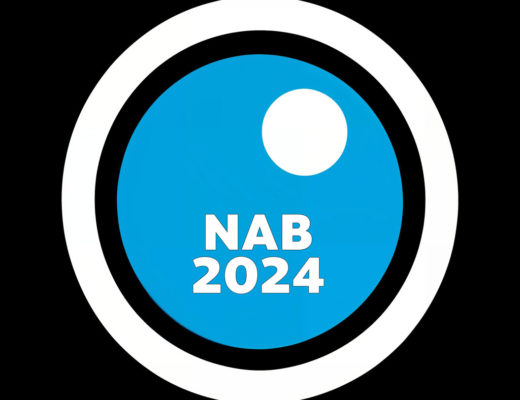The perils of popularity
[slideshare id=118445&doc=perils-of-popularity-webdirections-keynote787&w=425]
I am giving a talk tomorrow at Yahoo Research Labs titled “The perils of popularity“. There has been a lot of excitement about how web-based social systems harness the wisdom of crowds. I want to challenge that notion. I also want to challenge some of Chris Anderson’s assertions about the long tail. Anderson contends that with the democratization of the tools of production and distribution and ability to reach niches with tools like Netflix and Google, the era of hits and manufactured pop is over. I think that the mechanism for creating hits is shifting from studios to the large scale social systems like YouTube and the rules for how content rises to the top. Instead of manufactured pop like N Sync, we have hits from teams like lonelygirl who best understand how to use that medium.
The most important reason for this is that individuals don’t make independent decisions, they are influenced by what others are viewing, digging, tagging. This results in the phenomenon that Duncan Watts recently demonstrated – on web based social systems where people make decisions influenced by others, popularity has less to do with quality, and there is a strong “rich get richer” effect.
The era of manufactured pop might be receding, but the era of hits is far from over. As system designers, we are put in the unlikely positions of arbiters of culture since we create the rules that guide how people interact with each other. I will review several models of popularity or sets of rules about which items should rise to the top, and are our experiences with dealing with these issues on SlideShare. I will also discuss the different principles that guided us in our design of SlideShare as a social system

Filmtools
Filmmakers go-to destination for pre-production, production & post production equipment!
Shop Now













